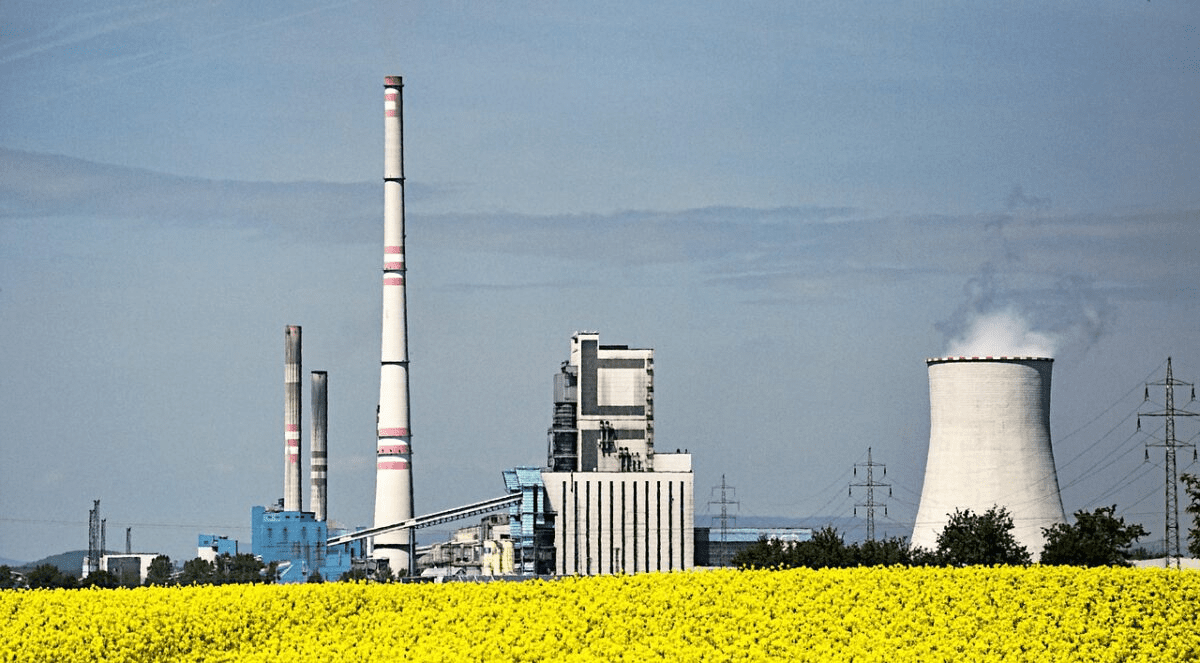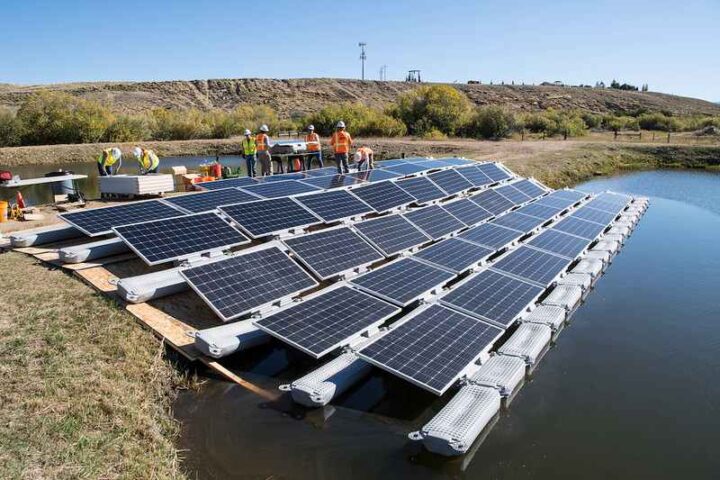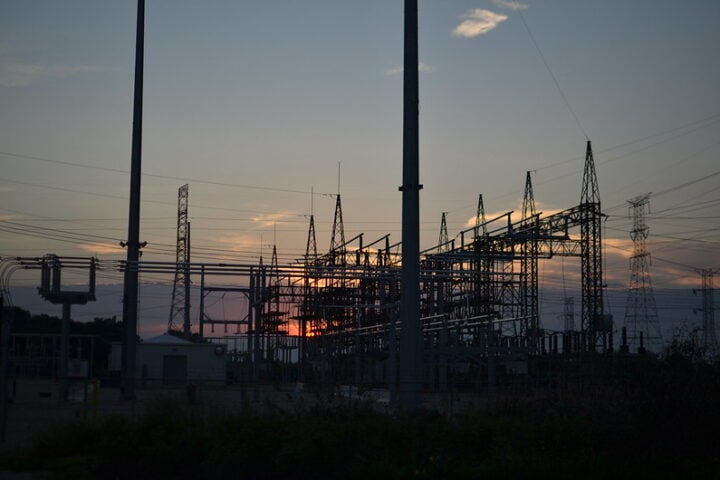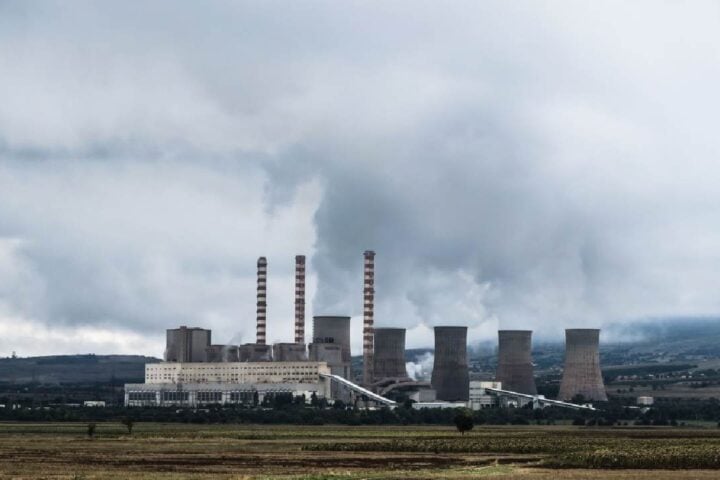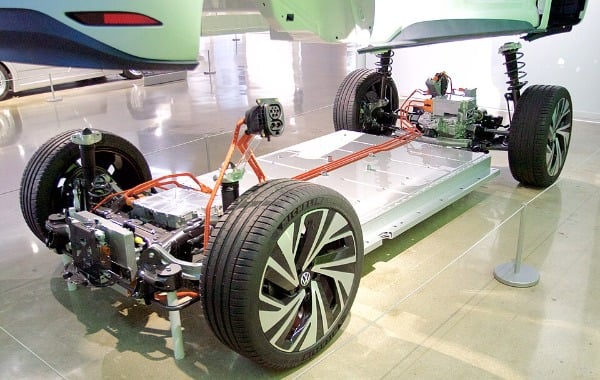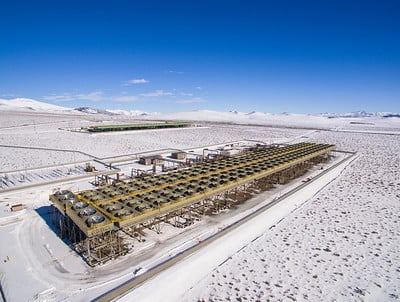The U.S. Department of Energy (DOE) announced the allocation of $118 million to 17 projects in an effort to speed up the production of sustainable biofuels for the country’s manufacturing and transportation needs. By pushing biorefinery development from pre-pilot through demonstration, the chosen projects—located at universities and commercial businesses—will propel domestic production of biofuels and bioproducts and provide sustainable fuels that lower emissions from fossil fuels. The funding for this opportunity helps President Biden realise his objectives of delivering a fair, clean energy future and setting the country on a course to achieve economy-wide net-zero emissions by no later than 2050. The projects selected will play a crucial role in helping the DOE reach its aim of producing cost-competitive biofuels with a 70% reduction in greenhouse gas emissions by 2030.
According to U.S. Secretary of Energy
Jennifer M. Granholm, “biofuels are a versatile tool because they have the immediate ability to power our ships, trains, aircraft, and heavy-duty vehicles—a substantial contributor to overall carbon emissions—with a greatly reduced carbon footprint.” In order to boost America’s energy independence, generate jobs, and hasten the adoption of cleaner fuels for transportation purposes, DOE investments are assisting in the development of a domestic bioenergy supply chain.
Energy-dense biofuels offer a route to low-carbon fuels that can reduce greenhouse gas emissions throughout the transportation sector and speed up the bioeconomy. They are produced using widely accessible domestic feedstocks and cutting-edge refining technologies. The commercialization of advanced biofuels can be hampered by investment for novel biorefinery process systems; yet, this funding will lessen technological uncertainty and facilitate industry adoption.
The chosen initiatives will scale up current biomass to fuel technologies to eventually produce millions of gallons of low-carbon fuel per year. These projects comprise pre-pilot, pilot, and demonstration projects. The projects’ investment in these technologies will result in the creation of well-paying jobs in nine states’ underprivileged and rural populations. Plans provided by the chosen projects demonstrate an intention to partner with nearby school districts to educate and train the future bioenergy workforce.
The financed initiatives also support the objectives of the first-ever U.S. National Blueprint for Transportation Decarbonization, a multi-agency framework for lowering emissions, building a strong transportation workforce, and ensuring America’s energy independence.The initiatives also help the United States achieve its Sustainable Aviation Fuel Grand Challenge objective of enabling the yearly production of 35 billion gallons of sustainable aviation fuel by 2050 and three billion gallons by 2030, respectively.
Most recipients receive at least $2 million in awards, which range in value from $500,000 to $80 million. Complete list of sponsored projects is available here. The selections will be handled by the DOE’s Bioenergy Technologies Office and are subject to final award negotiations and additional eligibility vetting (BETO). Through BETO, DOE has contributed more than $500 million over the last two years to the study and development of bioenergy and biorefineries.
